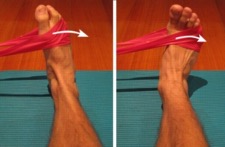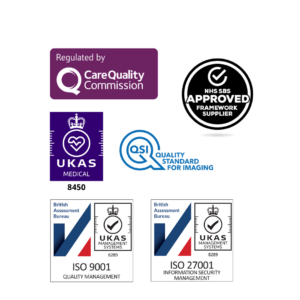2. The Importance of Sleep
You probably already know that when you sleep well, you feel better. Most people understand the benefits of sleeping well but can struggle to rectify poor sleep. Good sleep hygiene helps and it’s good practice to follow a bedtime routine every day. This should include going to bed and waking up at a regular time. Once you identify how many hours of sleep you personally need to feel well-rested, you can work out what time you should be asleep, to get up the next day at the right time and feel refreshed.
Other ways to promote good sleep include making sure your bedroom is comfortable in terms of heat, light and noise, and being clutter-free can help too. Stop using devices at least an hour before you go to bed and avoid caffeine and alcohol in the evening. If sleeping is still a struggle, then try mindfulness before going to bed or there are several good meditation apps now on the market which have been designed to help you drift off.
3. Sedentary Lifestyle vs Physical Activity
With long working hours sat at desks and more of our free time spent on devices, as a society, we have been moving towards a more sedentary lifestyle for a while. The Covid-19 pandemic and lockdown have likely exacerbated this as gyms and leisure facilities have closed and working from home has meant even our daily commute has largely disappeared.
Being sedentary, or spending long periods of time without moving, is damaging for several reasons. It can increase the likelihood of high blood pressure, cardiovascular disease, diabetes, and obesity. A general lack of physical activity also has a similar impact on the body and it is a common misconception that engaging in physical activity alone mitigates against the impact of a sedentary lifestyle.
To be as healthy as you can be, you need to engage in both physical activities and reduce the time you spend being sedentary. Aiming to be physically active every day and engaging in at least 150 minutes of moderate-intensity activity, or 75 minutes of vigorous-intensity activity each week will help you to be healthier.
 OUR BLOG
OUR BLOG







